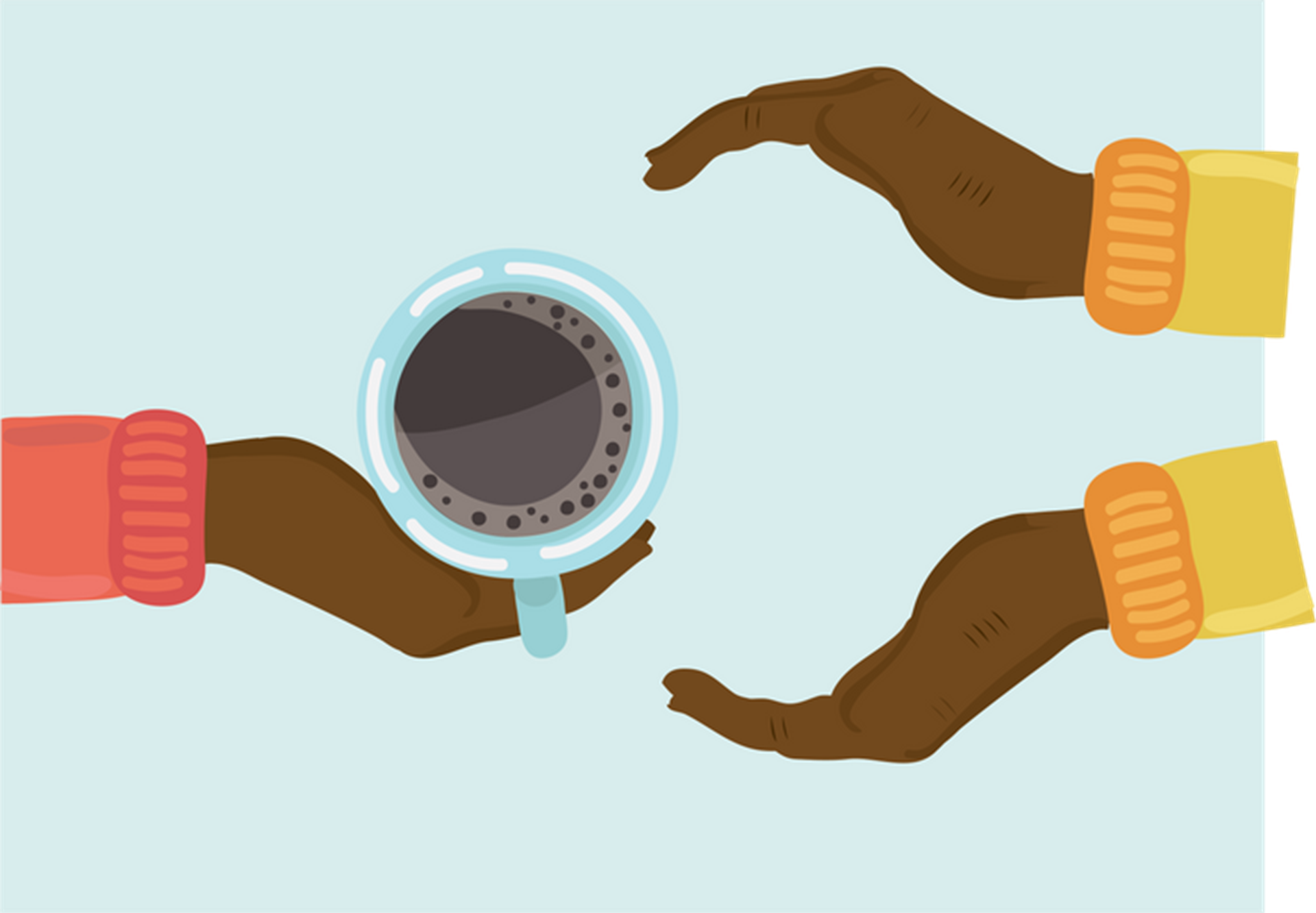Tips for coping with cold weather

Published: 04/11/2021
With the winter months fast approaching, we’re sharing our top tips for staying safe, healthy, and warm during the colder weather.
Dangers of the cold
The cold can pose may dangers for the most vulnerable within our communities, such as the elderly and those with underlying health conditions:
Aging skin is thinner and less likely to tolerate fluctuating temperatures. When a person is cold, the heart pumps less blood to the skin, and tiny blood vessels in the skin constrict to conserve heat. Age reduces the elasticity of blood vessel walls and thins the fat layer under the skin that helps preserve body heat.
The circulation of blood in the skin can cause changes in the body’s coronary arteries and overall vascular health. Being too cold or too hot can stress the heart.
If a person’s body temperature drops much below the common base of 37ºC, dangerous health problems can arise, including increased heart rate and blood pressure, liver damage, and heart attack.
Hypothermia sets in when a person’s body temperature goes below 35ºC. Left untreated, hypothermia can shut down the body’s heart and respiratory systems and lead to death. Signs of hypothermia include shivering, slurred speech, shallow breathing, and a weak pulse.
Besides exposure to cold temperatures and moisture, elders can face a drop in body temperature because of several other medical conditions and health factors, including stroke, Parkinson’s disease, malnutrition, and medications such as beta blockers, sedatives, antipsychotics, and antidepressants.
Help older loved ones stay warm this winter
There are many measures you can take to help prevent your older loved ones from being affected by the dangers of the cold weather. They include:
- Keeping the home properly heated at a minimum temperature of 20ºC
- Winterising windows and doors with weather stripping and caulk.
- Dressing the elderly in warm layers that can be removed if they get too hot.
- Making sure older adults wear a hat, scarf and gloves when going outside.
- Ensuring your loved one changes out of damp or wet clothes right away.
- Helping the loved one practice sound nutrition to fuel the body’s heat and energy sources.
- Ensuring they eat warm meals and can make warm drinks.
- Always having extra blankets to hand.

